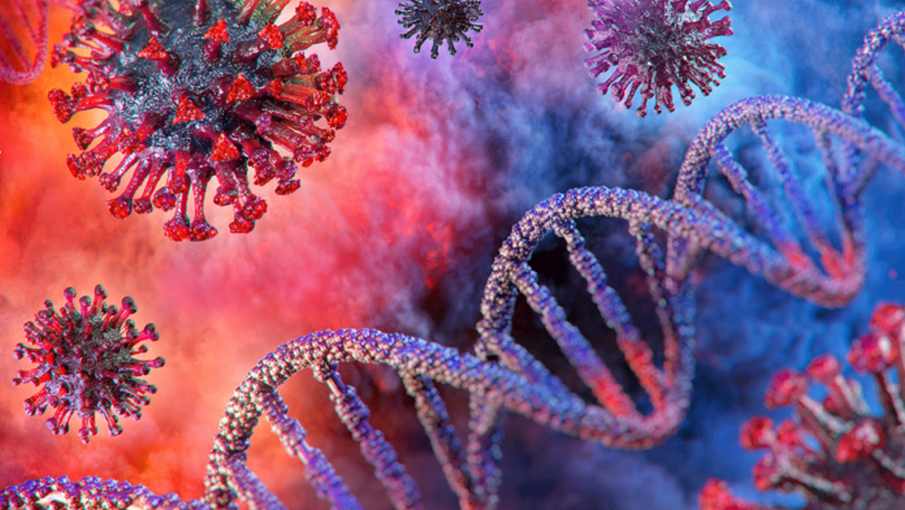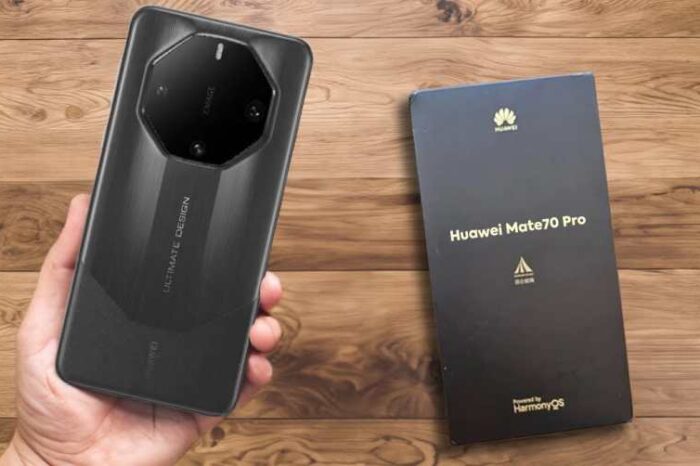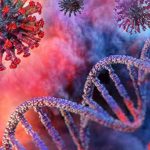A shocking new study by Italian scientists found that natural immunity lasts longer than vaccine immunity: Natural immunity lasts at least 18 months while vaccine immunity only lasts 6 months or less

In July 2021, a new Pfizer-funded study found that Pfizer vaccine effectiveness drops to 84% after 4 to 6 months. Pfizer CEO Albert Bourla shared findings from the company-funded study that showed Pfizer’s vaccine efficacy declines approximately 84 percent within four to six months.
While governments and health experts around the world have been touting the effectiveness of the vaccines, another study of about 6 million people in Israel found that natural immunity is far superior to vaccines. The study also found that mRNA vaccine protection for Covid is far weaker than natural immunity. However, the debate of Natural Immunity vs. Vaccine still rages on. But now, a new study out of Italy may likely settle the ultimate debate.
The protection people received after recovering from COVID-19, also widely known as natural immunity, lasts for at least 18 months, according to a new study conducted by Italian researchers published on the medrxiv website.
As part of the study, a team of Italian scientists analyzed the level of antibodies in 36 patients who were documented as contracting COVID-19 in March 2020. About half of the patients went on to get COVID-19 vaccines, but the rest remained unvaccinated. Samples from all but two were tested at timed intervals, ending in September 2021, using assays that have received clearance from the U.S. Food and Drug Administration.
“At 18 months, 97% participants tested positive for anti-NCP hinting towards the persistence of infection-induced immunity even for the vaccinated individual,” researchers wrote in the preprint paper. NCP, which stands for nucleocapsid, is part of SARS-CoV-2. Antibodies are believed to protect people against infection from the virus.
One of the authors of the study, Dr. Asiya Zaidi, a research fellow at the Associazione Naso Sano, also told The Epoch Times in an email saying “Antibodies against nucleocapsid will be present only in recovered individuals and not vaccinated,” meaning that even the people who got vaccinated received protection from natural immunity.
The team of researchers concluded that while “double dose vaccination boosted the IgG titers in recovered individuals 161 times, this “boost” was relatively short-lived.”
“Our study findings demonstrate that while double dose vaccination boosted the IgG titers in recovered individuals 161 times, this “boost” was relatively short-lived. The unvaccinated recovered individuals, in contrast, continued to show a steady decline but detectable antibody levels. We do believe that further studies are required to re-evaluate the timing and dose regimen of vaccines for an adequate immune response in recovered individuals,” Zaidi said.
Below is the abstract of the study.
Abstract
This era of emerging variants needs a thorough evaluation of data on the long-term efficacy of immune responses in vaccinated as well as recovered individuals, to understand the overall evolution of the pandemic.
In this study, we aimed to assess the dynamics of IgG titers over 18 months in n=36 patients from the Umbria region in Italy, who had a documented history of COVID-19 infection in March 2020, and then compared the impact of two-dose BNT162b2 (Pfizer-BioNTech) vaccination on the antibody titers of these patients with the ones who did not receive any dose of vaccine.
This is the longest observation (March 2020-September 2021) for the presence of antibodies against SARS-CoV-2 in recovered individuals along with the impact of 2 dose-BNT162b2 vaccination on the titers. Fixed-effect regression models were used for statistical analysis which could be also used to predict future titer trends. At 18 months, 97% participants tested positive for anti-NCP hinting towards the persistence of infection-induced immunity even for the vaccinated individuals.
Our study findings demonstrate that while double dose vaccination boosted the IgG titers in recovered individuals 161 times, this “boost” was relatively short-lived. The unvaccinated recovered individuals, in contrast, continued to show a steady decline but detectable antibody levels. Further studies are required to re-evaluate the timing and dose regimen of vaccines for an adequate immune response in recovered individuals.
You can read the entire study below.
2022.01.18.22269349v1.full



